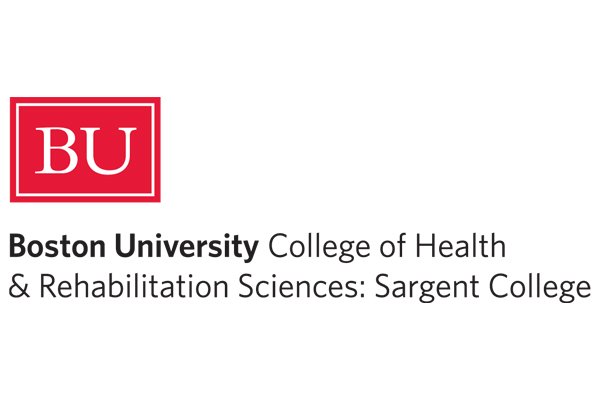Commences in
Days Hrs Min




The Boston University Interprofessional Leadership in Healthcare Certificate Using an Alumni Mentoring Approach

Venue: Room S05
Date: Tuesday 30th August
Time: 12:40pm - 1:25pm
Presenter #1: Karen Jacobs, OT, EdD, OTR, CPE, FAOTA
Associate Dean, Digital Learning & Innovation, Program Director, post-professional OTD program at Boston University
Presenter #2: Craig Slater, PhD
Program Director, Interprofessional Education at Boston University
Presenter #3: Bronwyn Keefe, PhD, MPH, MSW
Assistant Dean of Workforce and Professional Development and Research Assistant Professor at Boston University’s School of Social Work and Director of the Center for Aging and Disability Education and Research (CADER) and Professional Education Programs (PEP).
Presentation Abstract:
The Boston University Interprofessional Leadership in Healthcare Certificate is a five-month, fully online program for health professionals who lead, or aspire to lead, interprofessional teams. Quantitative data demonstrated participants' knowledge and skill acquisition through participation in the certificate, as well as 6-month follow up data. Qualitative data demonstrated the impact of the certificate on participants' leadership and collaborative practices in their own clinical settings.
Educational Learning Objectives:
Presentation Proposal:
Purpose: Healthcare has grown increasingly complex. Traditionally, care has been delivered in silos with single practitioners trying to do it alone with little communication among providers. This fragmentation and lack of coordination is not only a source of frustration for healthcare consumers, but also a barrier to quality care and a driver of healthcare costs. Empirical evidence is building and there is a strong belief among health policy makers that interprofessional teams are better able to coordinate and deliver such services, resulting in better healthcare and outcomes. Person-centered care has also been associated with a wide variety of positive patient outcomes such as adherence to treatment, improved health, and satisfaction. Moreover, person-centered care has been defined as one of six indicators of quality care by the International Organization of Migration. To address these issues, healthcare providers have increasingly realized the importance of interprofessional collaborative practice. The Interprofessional Leadership in Healthcare Certificate was created to address the need to equip learners with the knowledge and skills to effectively lead interprofessional teams.
Thirty healthcare professional such as occupational therapy practitioners, physicians, dentists, nurse practitioners, physical therapists, dieticians among others professions explored issues related to interprofessional collaboration, effective communication, mentoring and supervision, business acumen, and contemporary leadership models in an online five-month five course certificate. The courses were: The Interprofessional Team, Effective Communication, Effective Supervision, Building Business Acumen, and Leadership of Interprofessional Teams. The content in the courses was mapped to: Core Competencies for Interprofessional Collaborative Practice (IPEC, 2016) and Leadership Competencies for Healthcare Services Managers (ACHE, 2015). Weekly live classroom sessions used Project ECHO® to facilitate technology-enabled, peer-to-peer, collaborative learning using an 'all teach, all learn' approach. Sessions were facilitated by health professional alumni from the university who are experienced leaders of interprofessional teams in a range of clinical settings.
Design: A longitudinal mixed methods design was used to investigate changes in 30 health care professionals' perceptions of their interprofessional collaboration and leadership practices over time.
Methods: Participants completed surveys at the end of the five-month certificate and at six-months following completion. The surveys were: the Interprofessional Collaborative Competency Attainment Survey (ICCAS) and a leadership competency scale developed by the authors. The 6-month follow-up survey also included open-ended questions about participants' own interprofessional collaboration and leadership practices.
Results: The main themes from the qualitative data were: enhanced listening and communication skills; better understanding of team members' roles; increased collaboration; and improved leadership skills. These themes reinforce the findings from the quantitative data. In particular, there was an increase in participants' perceived skills in interprofessional collaboration and perceived skills in leadership competency from prior to the certificate to completion.
Conclusion: The certificate addressed the Quadruple Aim by focusing on delivering person-centered care, how teams and services can better serve communities, equipping leaders with the financial management skills to increase value, and improve self-care and self-efficacy of leaders.
References:
Leadership Competencies for Healthcare Services Managers (ACHE, 2015) retrieved May 22, 2022 at https://www.ache.org/about-ach...;
Weber, S., Williams‐Arya, P. Bowers, P., Wamsley, F., Doarn, C., and Smith, J. (2021) Effectiveness of Interdisciplinary Leadership Training for Early Career Professionals in the Field of Developmental Disabilities. Maternal and Child Health Journal (2021) 25:1036–1042.
Willgerodt, M., Blakeney, E., Summerside, N., Vogel, M., Liner D. and Zierler, B.(2020). Impact of leadership development workshops in facilitating team-based practice transformation. Journal of Interprofessional Care.34:1, 76-86.
Google: Automatic Speech Recognition for People with Impaired Speech

Venue: Room S05
Date: Monday 29th August
Time: Lunchtime Break (15 minutes)
Presenter #1: Taylor Goddu, Product Marketing Manager, Artificial Intelligence for Social Good at Google
Presenter #2: Richard Cave, Speech and Language Therapist
Subject: Project Euphonia
Significant improvements to automatic speech recognition are possible with more examples to learn from. So, our first step is to record voice samples from people who have difficulty being understood. Our research scientists use these recordings to teach speech recognition systems.
Our goal is to train computers and mobile devices to better understand people who have impaired speech. We hope to enhance independence and social inclusion by improving voice activated products for everyone. Learn more by visiting our website: g.co/euphonia
Commences in
Days Hrs Min
Subscribe for Updates
Save the date 28 - 31 August 2022